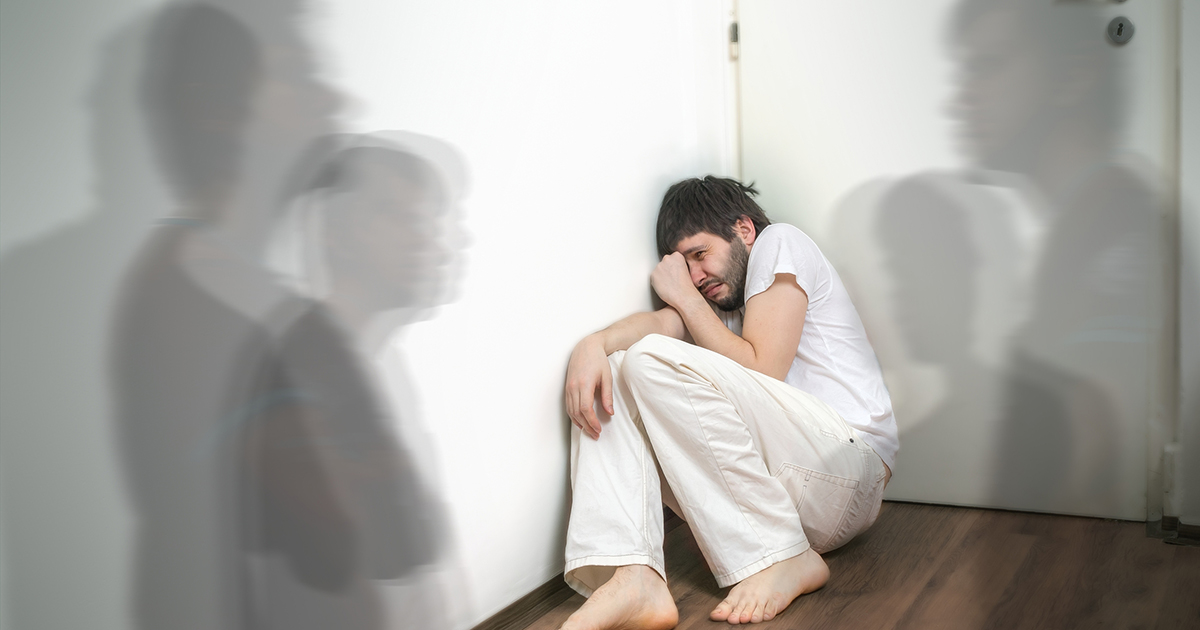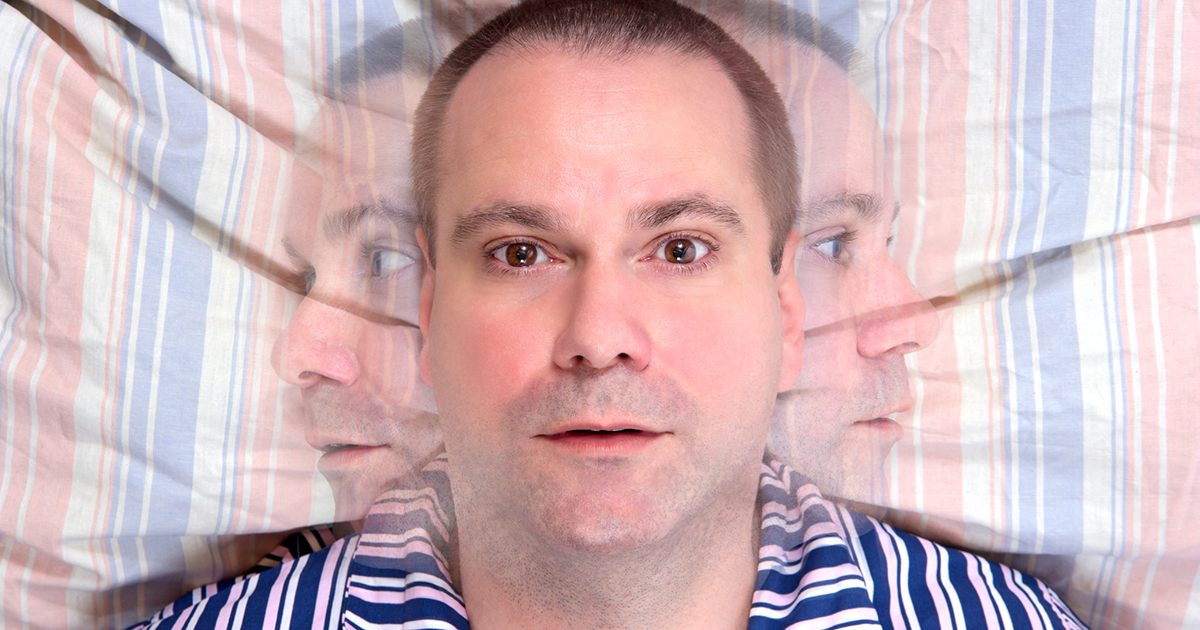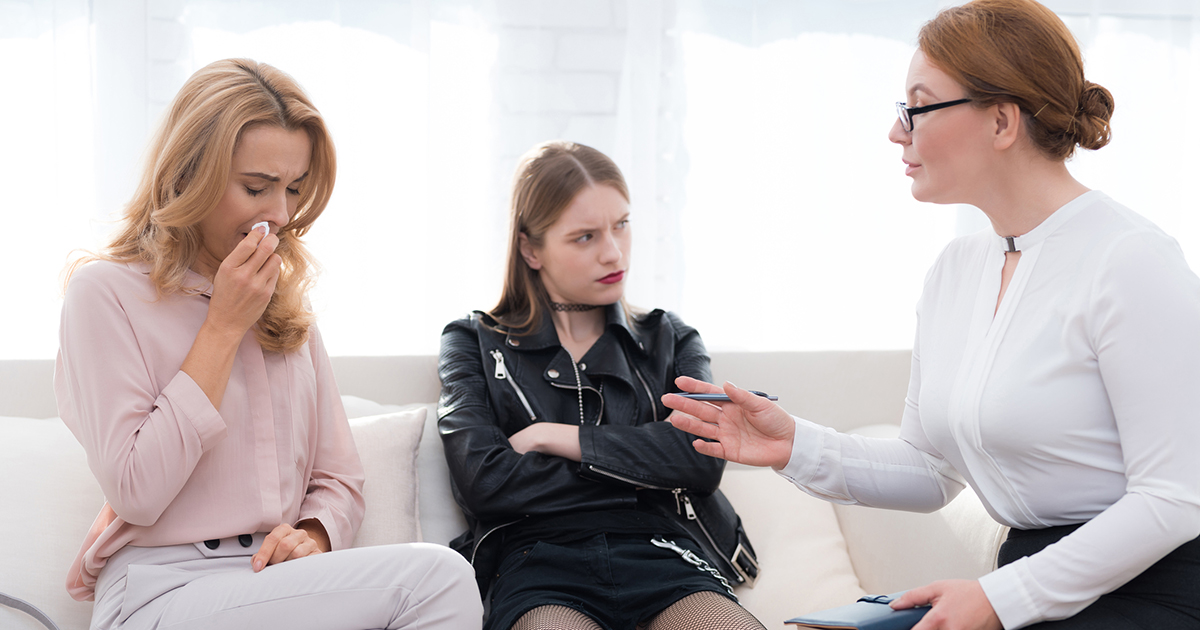How To Recognize Important Warning Signs Of Schizophrenia
Schizophrenia is a mental disorder that distorts the reality of those who suffer from it by affecting the way that they think, communicate, express emotions and behave. Often schizophrenia is misconstrued to be a split personality or multiple personality disorder, whereas it is a psychosis that may include hallucinations or delusions among many other reality-altering symptoms. Those who are diagnosed with schizophrenia often have a difficult time functioning socially in school, at work, and at home as they usually have difficulty distinguishing the difference between what is real and imaginary.
What Is Schizophrenia?

One out of every hundred people develops schizophrenia, 2.2 percent of all Americans are diagnosed with schizophrenia. The development of the disease usually occurs after puberty, between the ages of sixteen and thirty. The severity and the symptoms vary immensely from patient to patient. Some patients may only experience one psychotic episode in their lifetime while others have psychotic episodes quite frequently, living ordinary lives between their episodes. Others may notice that their functioning decreases over time with minor improvement between episodes. Typical symptoms of schizophrenia can be broken into three categories, positive, negative and cognitive symptoms.
Positive Symptoms

Positive symptoms are not beneficial to the patient but are called positive because they are additional behaviors and symptoms seen in individuals who develop schizophrenia. The diagnosis requires the patient to experience two or more of the following symptoms for a minimum of six months: hallucinations, delusions, movement disorders, confused or incoherent thought and speech.
In some cases, bizarre hallucinations or delusions can alone suffice for diagnosis. Hallucinations can come in any sensory form; patients may hear voices, see or smell things that are not there. However, the most common reports are of auditory hallucinations. Delusions are different than hallucinations as they are not sensory-based, but false belief. Delusions come in many different themes; patients may believe that they are a messiah or that they are being stalked, spied on, tricked or hunted in one manner or another.
Negative Symptoms

Negative symptoms are behaviors that may lose some functionality with the diagnosis of schizophrenia. This may include loss of emotion, lowered amounts of energy, low motivation, difficulty speaking, poor social skills or a lack of interest to socialize, and affective flattening – a blank facial expression, less lively facial movement and a flat voice. The negative symptoms account for many discrepancies in the social lives of those who are diagnosed with schizophrenia. It has been reported that patients who have schizophrenia are more prone to struggle with common daily activities such as showering or brushing their teeth.
Cognitive Symptoms

In recent years cognitive symptoms have become recognized as the third category of symptoms that contribute to schizophrenia. Cognitive symptoms are the changes to the patient’s short-term working memory and thinking, how well they can pay attention and retain information. Other forms of cognitive symptoms may include dementia and attention deficit disorder. Recognizing the cognitive signs may be difficult as they may be gradual and subtle, such as slowly losing interest in hobbies or activities that one used to enjoy or no longer being able to carry out simple instructions without supervision.
Recognizing The Symptoms Of Schizophrenia Early

Finding schizophrenia in its early stages can be a difficult task, but with proper help, catching it early can better the chances of getting well and staying well. The symptoms are similar between teenagers and adults, but it can be hard to acknowledge the signs in a teen because some of the early onset symptoms are similar to typical development during teen years. This includes; lack of motivation, irritability, depression, withdrawal from friends and family, and a drop in performance at school. Another reason that it is hard to diagnose schizophrenia in teens is that they do not experience delusions or hallucinations as frequently as adults.
What Are The Causes Of Schizophrenia?

There is no known cause for schizophrenia; however, there are two main factors that contribute to the development of schizophrenia in individuals; genetics and environment. Genetics can play a significant role in schizophrenia as it can be hereditary, passed through the genes of the parent to their children. Having either one parent with schizophrenia gives you a ten percent increase in your chance of developing the disease. If both parents have schizophrenia, it increases your odds by forty percent. However, it usually takes genetics as well as your environment to trigger the disease. There are environmental factors such as substantial exposure to toxins, taking psychoactive or psychotropic drugs like methamphetamines or LSD, a viral infection or puberty.
Treatment And Management Of Schizophrenia

There is no immediate cure for schizophrenia, but the more that you are educated about the illness, the better it can be treated. Schizophrenia requires lifelong treatment even after symptoms and psychotic episodes have subsided. However, the psychotic episodes can be reduced, and the illness can be treated with therapy, social skills training, rehabilitation, stress management, self-help and antipsychotic medications. Becoming active and exercising is a natural method of treatment that can give emotional and physical benefits, as well as help managing the symptoms of schizophrenia. There are other natural treatments, such as, getting adequate sleep, avoiding the use of drugs and alcohol, and eating a healthy and balanced diet, rich in omega-3.
